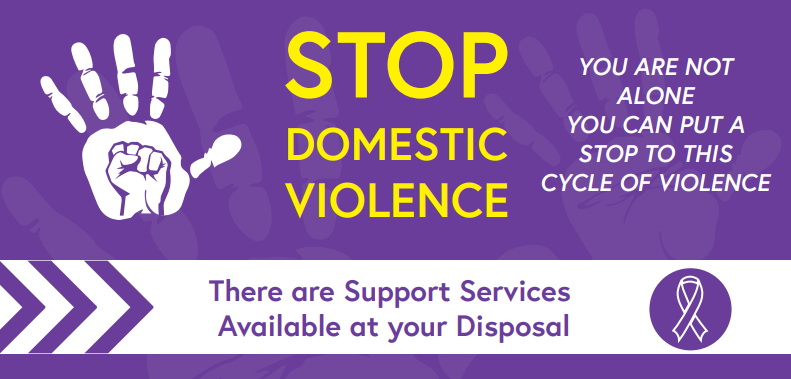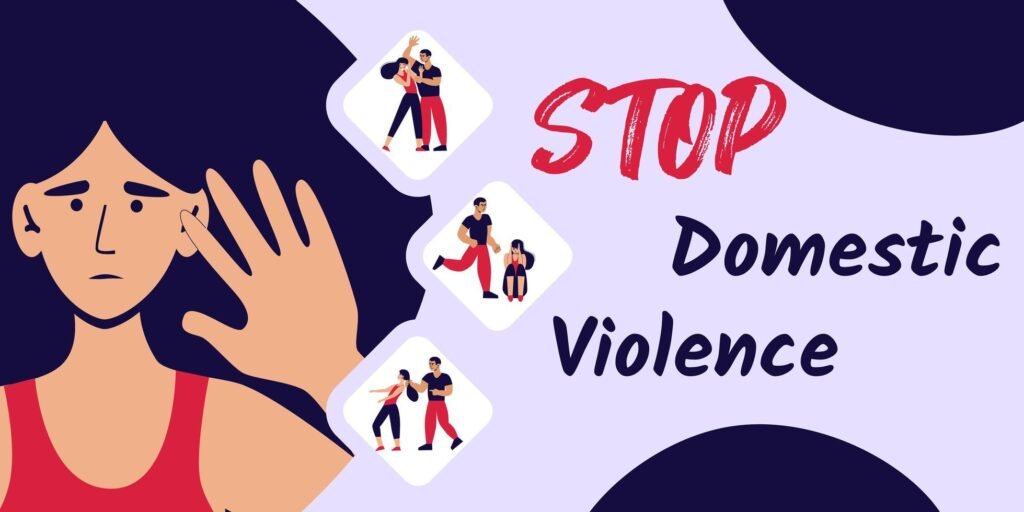Women harassment is a global issue that impacts millions of lives, perpetuating fear, inequality, and injustice. From street harassment to workplace misconduct, and cyberbullying to domestic abuse, the problem takes many forms, all of which threaten the safety, dignity, and freedom of women. Eliminating women harassment requires a collective effort to challenge societal norms, implement effective policies, and foster a culture of respect and equality.
Understanding the Impact of Women Harassment
Harassment is not just an individual problem; it is a societal issue with far-reaching consequences. For women, harassment can lead to emotional distress, decreased self-esteem, and lasting trauma. It affects their ability to feel safe in public spaces, workplaces, and even within their homes. Beyond personal harm, harassment reinforces structural inequality, perpetuating gender-based discrimination that limits women’s opportunities and contributions to society.
The Role of Education in Preventing Harassment
Education is the cornerstone of change. Teaching respect and equality from an early age lays the foundation for a society that values women as equals. Schools should incorporate lessons on consent, boundaries, and gender sensitivity into their curriculums. Public awareness campaigns can further challenge harmful stereotypes and promote healthy interactions.
By normalizing discussions about harassment and its impact, society can empower both men and women to recognize and challenge unacceptable behavior. Educating boys and men about the importance of respect and accountability is particularly crucial in addressing the root causes of harassment.
Legal and Policy Reforms
Strong laws are essential to combating harassment. Legislation that clearly defines and criminalizes harassment, both in public and private spaces, provides a critical framework for justice. However, laws alone are not enough—they must be effectively enforced. Governments and organizations need to ensure that reporting mechanisms are accessible, transparent, and supportive of survivors.
Workplaces should adopt zero-tolerance policies, offering robust channels for reporting harassment and providing protection against retaliation. Legal reforms must also address online harassment, which has become increasingly prevalent in the digital age, threatening women’s safety and freedom of expression.
Shifting Cultural Attitudes
Cultural change is essential for eradicating women harassment. Societal norms and traditional gender roles often perpetuate the belief that women are subordinate, leading to a culture where harassment is normalized or dismissed. Challenging these attitudes requires collective action, including media representation that promotes gender equality and campaigns that highlight the importance of respect and mutual understanding.


Communities must play an active role in fostering safe spaces for women. By holding offenders accountable and supporting survivors, communities can send a clear message that harassment will not be tolerated. Bystanders also have a crucial role to play by intervening when they witness harassment and standing in solidarity with those affected.
Empowering Women and Supporting Survivors
Empowering women is a critical step in eliminating harassment. Providing platforms for women to share their stories and advocate for change can break the silence surrounding harassment and inspire action. Support systems, including counseling services and legal aid, are vital for helping survivors recover and seek justice.
Organizations and governments should also focus on economic empowerment, ensuring that women have equal opportunities in education, employment, and leadership. When women are empowered, they are better equipped to challenge harassment and demand their rights.
A Collective Responsibility
Eliminating women harassment is not the responsibility of one group or institution—it is a collective effort that requires involvement from individuals, communities, organizations, and governments. By fostering respect, promoting gender equality, and holding perpetrators accountable, society can create a future where women live free from fear and oppression.
Change begins with each of us. By standing against harassment in all its forms, we can build a safer, more equitable world where every woman is respected, valued, and empowered to thrive.

